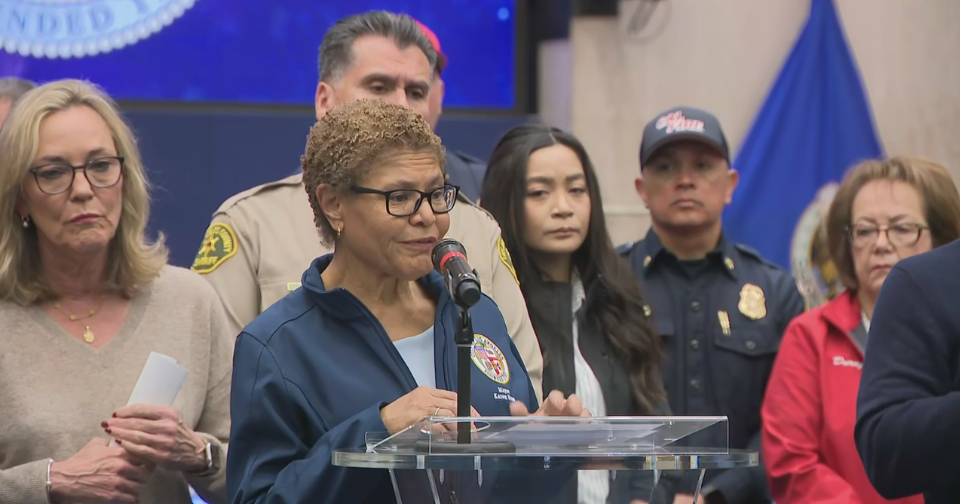Voters started to Taiwan Today, Saturday, people cast their votes in the presidential and parliamentary elections that I described China It is a choice between war and peace, after Beijing repeatedly denounced the most prominent presidential candidate there to succeed current President Tsai Ing-wen.
Three candidates are competing for the presidency in the elections held in one round: William Lai, who is currently Vice President of Taiwan and, like her, belongs to the pro-independence Democratic Progressive Party, Ho Yu-a, the candidate of the Kuomintang Party, which is considered closer to Beijing, and the head of the small Taiwan People’s Party, Kuo. Wen-ji.
The ruling Democratic Progressive Party, which advocates defending “Taiwan’s identity,” is seeking to win a third term with its candidate, Lai, vice president and the most prominent candidate to succeed Wen, who is not entitled under the constitution to run again after two terms in office.
Speaking to reporters in the southern city of Tainan before the vote, Lai encouraged Taiwanese to cast their votes, saying in brief remarks: “Every vote counts, this is Taiwan’s hard-won democracy.”
Before the elections, China repeatedly denounced the most prominent presidential candidate in Taiwan, describing him as a dangerous separatist, and rejected his repeated calls to hold talks with it, after he affirmed his commitment to “maintaining peace across the Taiwan Strait” and continuing to strengthen this island’s defenses.
The Kuomintang Party candidate calls for the resumption of communication with Beijing, starting with the exchange of visits, and accuses his rival Lai of supporting the formal independence of Taiwan, while the latter says that “Ho” is a supporter of Beijing, who in turn rejects that accusation. While the third candidate (chairman of the small Taiwan People’s Party) wants to re-engage with China, but says that this “cannot be at the expense of protecting democracy and the way of life in Taiwan.”
Parliamentary elections are no less important than presidential elections, especially if none of the three parties is able to obtain a majority, which may hinder the new president’s ability to approve legislation and spending, especially in the field of defense.
Balloons and warnings
On the other hand, the Taiwanese Ministry of Defense said this morning that it had once again spotted Chinese balloons, one of which flew over Taiwan itself, and denounced the balloons that were reported over the strait last month, describing them as psychological warfare and a threat to aviation safety.
On the eve of the elections, the US Secretary of State asked Anthony Blinken Beijing is authorized to maintain peace and stability with Taiwan, during his meeting with Liu Jianchao, head of the International Department of the Central Committee of the Communist Party of China.
A US State Department spokesman also said that Blinken reiterated the importance of maintaining peace and stability in the Taiwan Strait and the South China Sea, following the Chinese army’s pledge to “crush” any efforts in favor of the independence of this island, hours before Taiwan’s elections, which are described as decisive.






